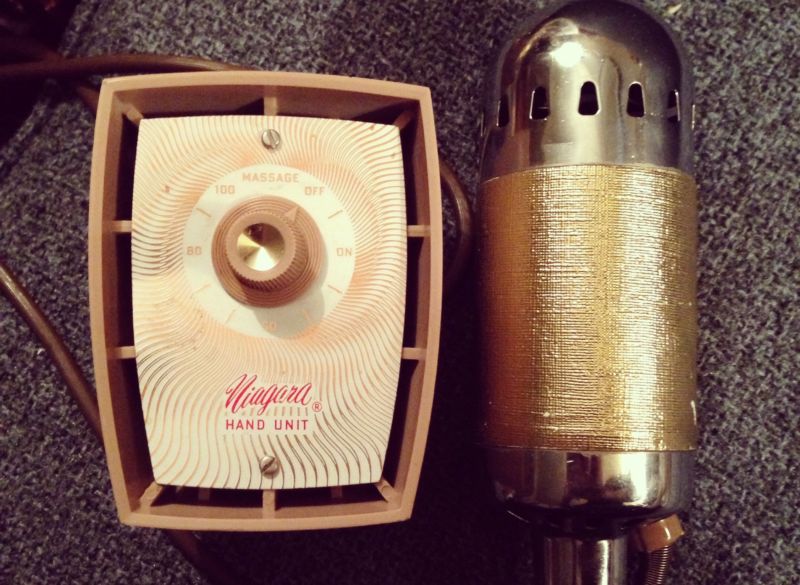Specifically, researchers gave patients a sham anti-itch cream for eczema (atopic dermatitis) and told them it increases sensitivity to pain as a side effect—which is a side effect of real medicines, but the phony cream shouldn’t have any side effects. Nevertheless, patients not only reported more pain, but the amount of pain they reported depended on the cream’s price and packaging. The cream caused more pain in patients when they were told it had a hefty price tag and came in a brand-name-looking box, compared with when they thought it was a cheap cream that came in a generic-looking box. The researchers, led by neuroscientist Alexandra Tinnermann of University Medical Center Hamburg-Eppendorf,
published the results recently in Science.
Patients reported no heightened pain when using a control cream, even though the same benign cream was used for all three types: the expensive, cheap, and control. The only differences were the prices, packaging, and the patients’ expectations. The researchers speculate that patients expected the expensive, brand-name-looking drug to simply be more effective than the one that looked like a cheap knock-off. Thus it would be more potent and have stronger side effects.


